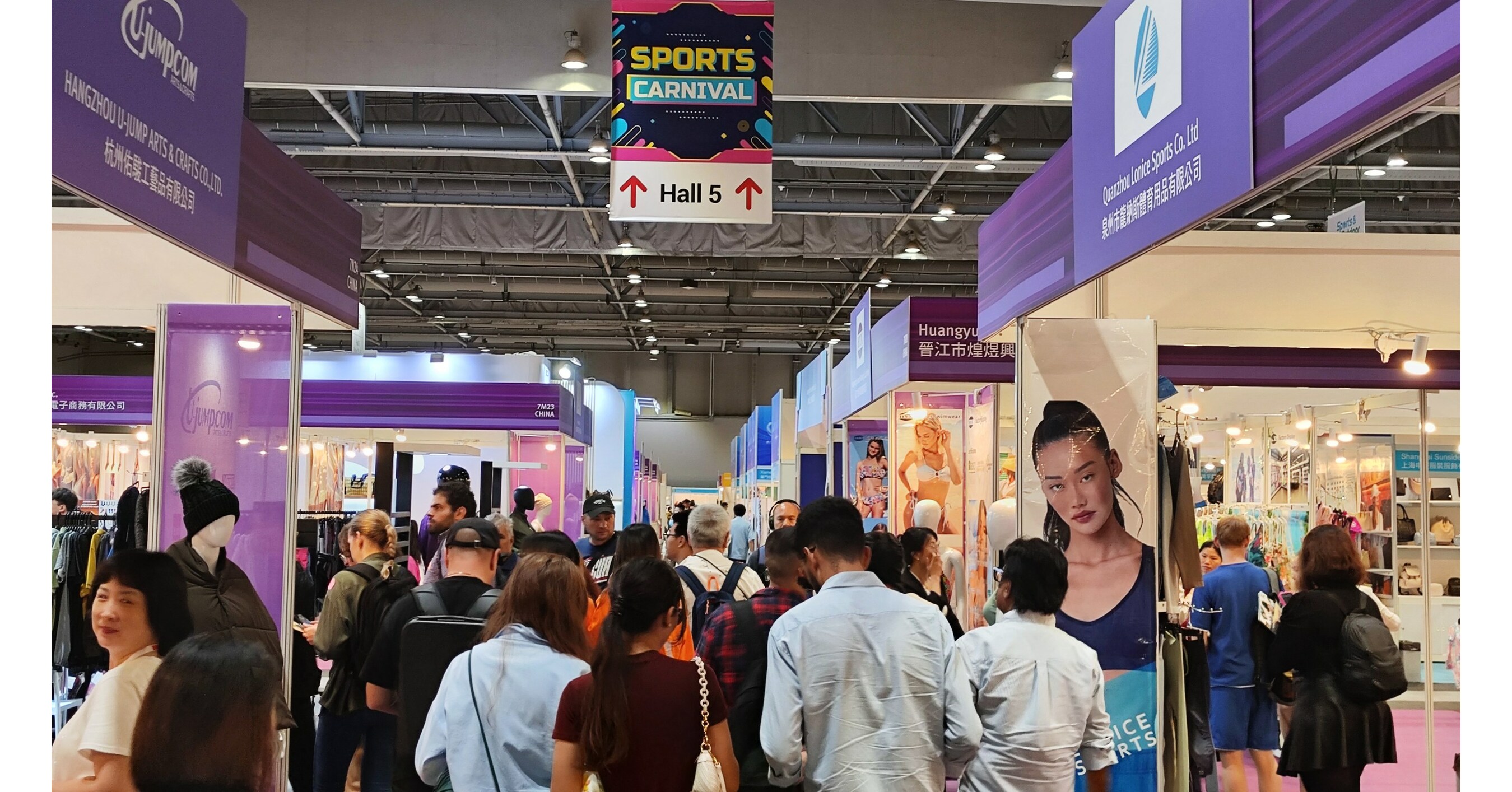Lamenting a lack of easy alternatives, MBTA overseers voted Thursday to once again change a contract for new Red and Orange Line trains, agreeing to pay more money and waive penalties against the manufacturer that is already years behind its original schedule.
The T negotiated a contract “reset” with Chinese firm CRRC that now calls for the final new vehicles to be delivered by the end of 2027, simultaneously representing another delay to the beleaguered project and an earlier deadline than the current pace of work would forecast.
Under the updated terms, the MBTA will pay as much as $148 million more to account for higher-than-expected costs linked to the COVID-19 pandemic and supply chain disruptions, swelling the total contract value to more than $1 billion.
The agency also agreed to forgive about $90 million in penalties that the manufacturer faces for delays so far. Another $37 million in damages would remain in place, but the updated contract would set incentives that could effectively dismiss those charges as well if CRRC meets new targets.
MBTA officials described the renegotiated contract as a way to reestablish a clearer schedule and get closer to a modernized subway fleet, especially given that the age of trains on the Red and Orange Lines in some cases surpasses 50 years.
“The cost of continuing to maintain and keep those Red Line cars running is at some point going to be not only too expensive, but getting parts for cars of those age — in many cases, we’re making the parts ourselves. Manufacturers don’t have them any more,” MBTA General Manager Phil Eng told reporters after the meeting. “That’s the other reason why we couldn’t wait for six years or so to go with a new procurement. We really need to start decommissioning the Red Line cars and putting these into service.”
Board members who approved the deal said Thursday they were not enthusiastic about the changes, but saw few other options.
“I’m not totally comfortable with every aspect of this,” said board member and Quincy Mayor Thomas Koch, who voiced discomfort with the original bidding process. “But recognizing where we are, what the alternatives are, it’d be irresponsible of me to do anything but to vote for this to keep this moving.”
“I don’t think we have any choice but to approve this reset,” added fellow board member and Framingham Mayor Charles Sisitsky. “It’s unfortunate that we’re in this position, but we’ve heard a number of reasons why this happened. The alternative is either to find another manufacturer or start all over again, and we need these cars as soon as possible. If this is the only way we can ensure getting it, I think we just have to hold our nose and vote to approve the reset.”
The board voted 8-0 in favor of the amended contract, with member Robert Butler abstaining.
The project to replace the aging Red and Orange Line fleets with all-new CRRC trains has been riddled with disruptions since the Patrick administration awarded the first contract in 2014.
Officials have pushed back the completion date multiple times, especially after the pandemic constrained available supplies, and federal tariffs significantly curtailed CRRC’s prospects in the United States. The Springfield facility where workers complete assembly of the trains has been reportedly plagued with its own issues. And although MBTA officials insist the new vehicles are more reliable than the decades-old trains they replace, they have still been afflicted by multiple engineering and performance mishaps.
Previous contract terms called on CRRC to deliver 152 new Orange Line cars by the end of 2021 and 252 new Red Line cars by September 2023. As of Thursday morning, 112 Orange Line cars and 18 Red Line cars — less than one-third the contracted total — were in the T’s hands.
Without any changes, MBTA officials said the final vehicles would not arrive until some time in 2029. The updated contract sets new deadlines of September 2025 for the last Orange Line cars and December 2027 for the last Red Line cars.
“These are some things that should have probably been addressed long ago,” Eng, who started at the T just about a year ago, said.
Last year, Gov. Maura Healey called for an independent team to investigate the upheaval. The group concluded that despite the problems with CRRC, it would be more disruptive for the T to pivot to a different manufacturer at this stage, according to MBTA Deputy General Manager Jeff Gonneville.
“A new procurement was going to take up to five years before the MBTA actually received a first vehicle, and each vehicle could be potentially $1 million more per car than a negotiation with CRRC,” Gonneville said. “The recommendation ultimately was that a reset with CRRC was in the best interest for the MBTA and our customers.”
The T awarded CRRC a $565 million contract in December 2014, then later added another $305 million and tacked on more Red Line cars to the procurement.
The company, known locally at the time as CNR MA, significantly underbid other competitors to win the contract. At the time, Hyundai Rotem bid $720.6 million, Bombardier bid $1.08 billion and Kawasaki $904.9 million.
Gonneville said the updated price tag is “right about” what MBTA engineers originally estimated the project would cost before the 2014 contract award.
A pair of CRRC MA executives, Wang Zhaofu and Bao Yujun, told the MBTA board on Thursday their company is committed to getting delivery back on track and would make improvements to the manufacturing process.
“To meet the new production schedule, we recognized our plan needed to include optimization of our production processes, enhanced production training including timely assessment of worker efficiency, an increase to the number of second-shift production workers and weekend production, and support department workers,” Zhaofu said through an interpreter.
One complicating factor appears to be out of the control of both CRRC and the T. In 2018, the U.S. increased tariffs on Chinese goods, which MBTA officials said affects early work on the Red and Orange Line cars in China.
The 2019 National Defense Authorization Act also prohibited American transit agencies from using federal funds to buy vehicles from Chinese companies, with exceptions for agencies already under contract with CRRC. That, according to Gonneville, left the firm with only four potential clients in the country: the MBTA, Philadelphia’s SEPTA, the Chicago Transit Authority and the Los Angeles Metro.
Under the updated contract, some additional work in the early stage of manufacturing will take place in Changchun, China before the “shells” are delivered to Springfield, where they will be completed.
Eng said since the fall, CRRC has been delivering two linked pairs of cars per month without any major reliability issues.
“If they did not do those two things, it might be a different discussion on where we would recommend to go,” he said.







